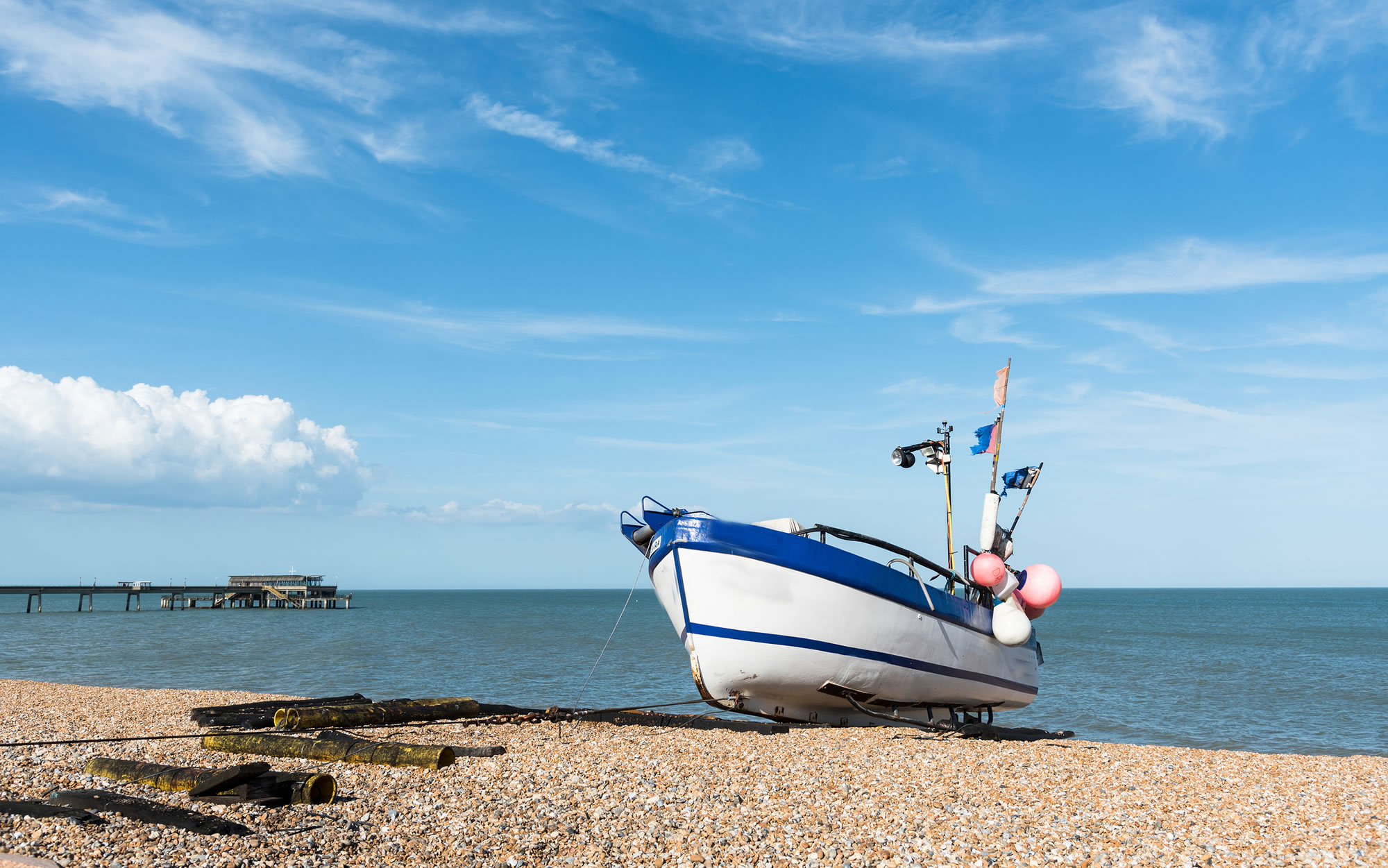
There is probably no bigger financial worry for pensioners – and soon to be pensioners – than the thought of running out of money in retirement.
At FAS, we frequently encounter this fear when speaking to both new and existing clients. The good news is there are many practical, positive steps you can take now to ensure your future retirement is comfortable and secure.
Official statistics are showing that not only is the UK population growing but people are also living longer. This situation is likely to put additional strain on the State Pension when faced with the prospect that retirement could well be one of the longest phases in a British adult’s life.
It is therefore crucial that you plan as early as possible for your retirement to ensure you achieve the lifestyle you want when you eventually stop working.
Consider for a moment that the current basic UK State Pension would give you a weekly income of £125.95. Even with no mortgage borrowing and with greatly reduced monthly outgoings, this is barely enough for most to live on. You therefore need to look beyond the State Pension in order to achieve a comfortable retirement.
Many studies suggest that millions of people are ‘sleepwalking into pensioner poverty’ due to inadequate pension savings. Around I in 6 pensioners are living in poor conditions and complacency now is likely to cause this to rise in the not-too-distant future.
So, how can you ensure that you have a stable, secure income in retirement?
Here are 5 tips to get you started:
Take stock of your assets
Of course, this is the natural place to begin when starting to think about your retirement plan. Your assets include not just short-term savings but also property, investments, business assets, your State Pension, existing personal pensions and pension savings.
Make a detailed list of your assets and calculate their estimated value. If you are not sure of your assets’ value – such as your Final Salary Pension – you may well benefit from going through all of this with one of our Financial Planners.
Check your tax reliefs
It is quite possible that a number of your assets are not being used in the most tax-efficient way. In which case, you are needlessly giving money away to the taxman.
For instance, if you are a Higher Rate taxpayer then contributing towards a pension could actually reduce your taxable income. Remember, pension contributions receive tax relief at your marginal rate, so every 60p you put into a pension pot is currently boosted up to £1 by the Government.
Moreover, you might want to consider any workplace Salary Sacrifice schemes on offer in order to save even further on Tax. For instance, your employer could pay for car parking near your workplace in exchange for a reduction in your salary. Whilst this wouldn’t necessarily reduce your take home pay, you would pay less Income Tax and National Insurance contributions.
Work out your expenses in retirement
It is very easy to underestimate how much you will need in retirement. You may have well paid off the mortgage, the kids may have left home and there will be no more work commuting costs. However, research suggests that UK pensioners should aim for an income of at least £23,000 per year in order to have a comfortable retirement. As a minimum, you are likely to need around £18,000 to cover the essentials, such as household bills.
Of course, your State Pension should cover some of this but certainly not all of it. So, you need to take the time to carefully consider what you would like to do in retirement and realistically what your outgoings are likely to be when you give up work. Ask yourself questions such as, will you want a new car every 5 years? Will you want regular holidays? You’ll need to factor in those luxuries as well.
Take stock of your goals
Once you have gathered all of this information, it will need to consider your future in line with your financial goals. Now ask yourself, when do you want to retire? What kind of lifestyle do you want in retirement, and where do you see yourself living?
If you plan to retire early then bear in mind that you will not start receiving the State Pension until you meet the required age set by the Government. For many people, this will be aged 68. However, your pension age might be slightly earlier, so make sure your financial plan allows for this if you’re set on early retirement.
Get to know your pension options
There are a number of ways to use your pension money in retirement. Our Financial Planners help clients decide which of the available options is right for them. Here is some food for thought:
- You do not necessarily have to start drawing your pension once you reach your retirement age – you could continue to work and keep the money invested so that it continues to grow.
- It is not a sensible idea to withdraw all the money from your pensions as the majority will be taxed. However, you can withdraw up to 25% tax free.
- For some people, keeping most of their pension money invested whilst drawing an income, works well. Income levels can depend on investment performance.
- You could use your pension money to buy a financial product which gives you a guaranteed retirement income, for the rest of your life. Whilst this may appear an attractive option, it is not as flexible as the alternatives so we would always recommend speaking to our of our Financial Planners who can help you to make the right decision.




